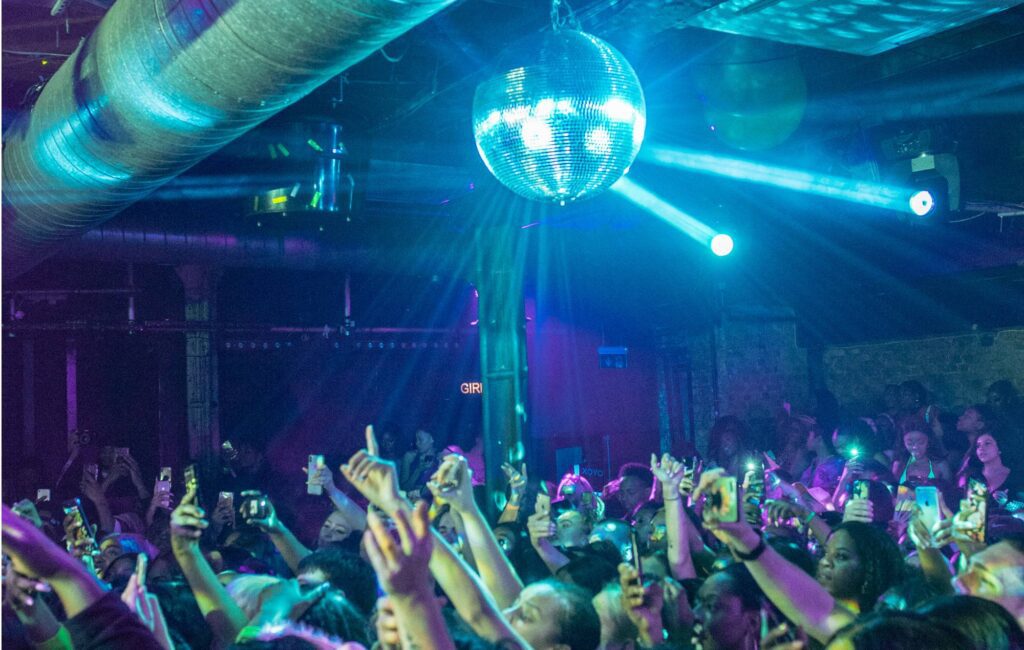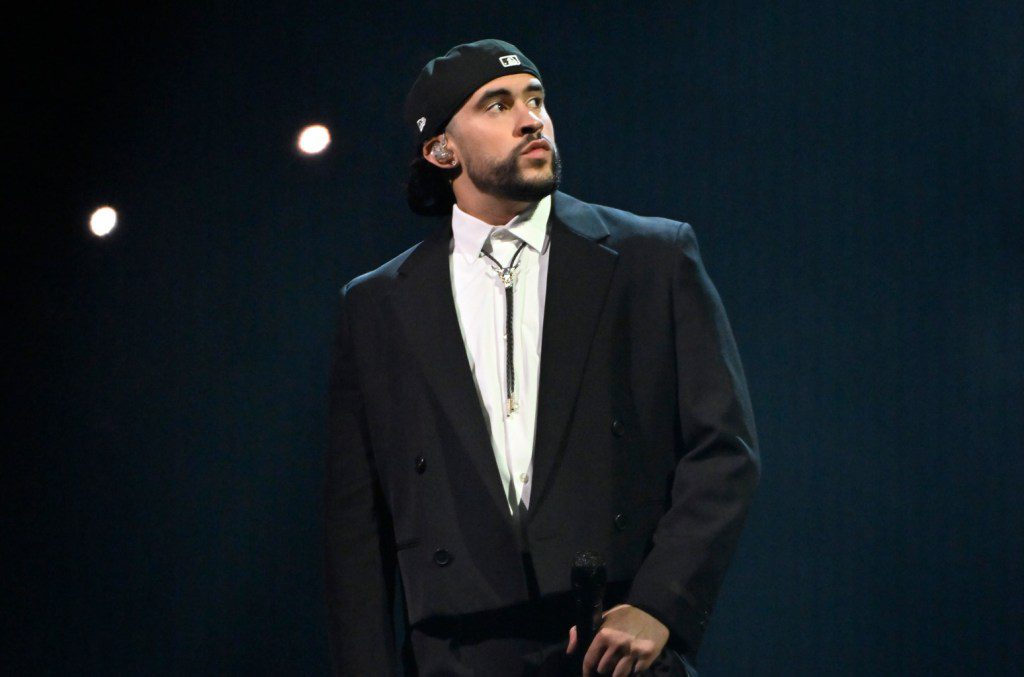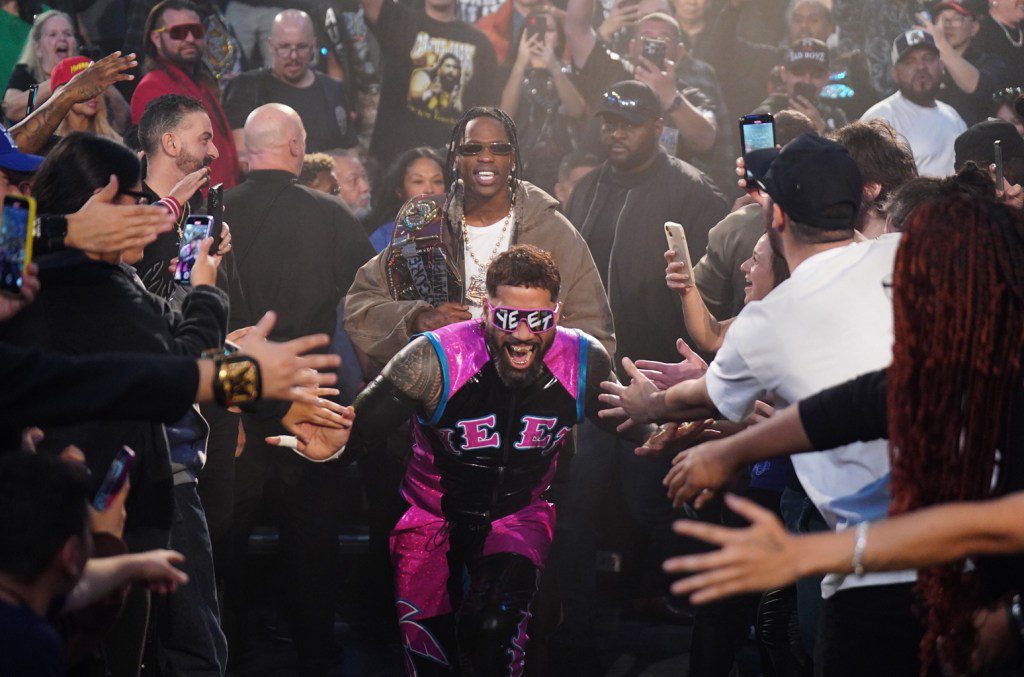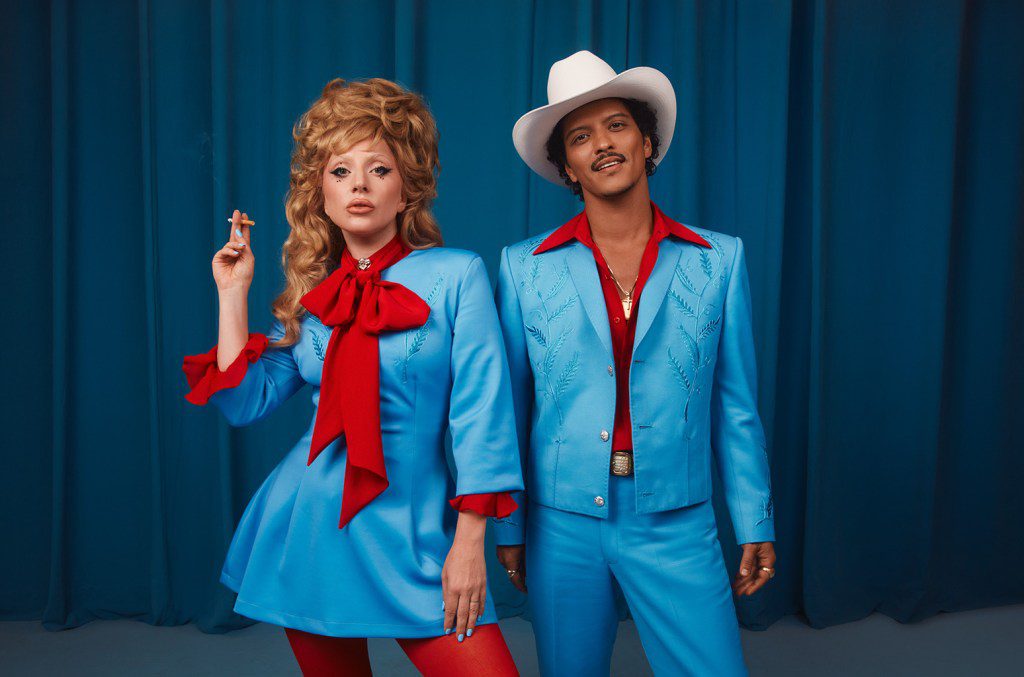Nightlife businesses see running costs increase by 26 per cent
Nightlife businesses have seen a 26 per cent increase in their total operating costs in the last year.
That’s according to a new survey conducted by the Night Time Industries Association (NTIA), which involved 98 NTIA members from across England, Scotland and Wales.
Michael Kill, NTIA CEO, said that consumers could end up paying considerably more for a night out in the future as a result.
There are also concerns that clubbers could decide to cut down on the number of nights out they have in an effort to ensure they can pay their household bills amid Britain’s growing cost of living crisis.
Additionally, Night Time Economy (NTE) businesses are yet to be impacted by April’s “perfect storm” of changes – which includes employers’ National Insurance contributions rising by 1.25 percentage points, the National Living Wage increasing to £9.50 per hour and an end to the pandemic moratorium on legal action by creditors.
There will also be further reductions in government support to such venues – with VAT due to return to 20 per cent and businesses rates relief reduced – as well as proposed changes to Alcohol Duty, which will affect the cost of higher ABV products such as spirits.

Elsewhere, the NTIA’s new survey found that nighttime businesses are on average operating at 68.9 per cent of their pre-COVID trading levels.
Many establishments still have high levels of outstanding debt due to closures and restrictions that were brought on by the pandemic. It is feared that these venues will not survive without continued support from the Treasury.
In total, 90 per cent of the businesses surveyed said they would require further support from the government, with the main requests being an extension of the reduced rate of VAT and businesses rates relief, as well as additional government grants.
“These statistics show just how bleak things remain for our sector,” Michael Kill explained. “I think there is a temptation to think that, because it feels as if the pandemic restrictions are now behind us, that nightlife will just snap back to its pre-pandemic strength and everything will be fine.
“Sadly, this couldn’t be much further from the truth. We are still running into severe economic headwinds, and April threatens to be a perfect storm for the sector. I would now even at this late stage urge the Chancellor to postpone all the tax increases – on national insurance, VAT and business rates – to give some perfectly viable nighttime economy businesses a fighting chance of survival.”

Kill continued: “It is unfortunately the case that when you see enormous cost increases of the kind we have felt in our sector, for the vast majority of businesses there is little else they can do other than pass these on to consumers.
“Sadly, what this will mean is people’s well-earned nights out being made considerably more expensive, just when they are themselves struggling with their own cost of living and trying to decide which monthly expenses they can do without.”
Last month, it was reported that the UK could soon be left with just 5,000 nightclubs in operation across the country. A study using data obtained from the Office of National Statistics (ONS) found that hospitality in the UK has been on the decline for a decade.
The impact of the coronavirus pandemic on the country’s nightlife sector has caused many establishments to face financial issues.
The government responded with some financial assistance packages, including a £1billion support package introduced in December 2021 after the emergence of the Omicron variant of COVID. However, industry bodies and venues alike criticised the support as being “woefully inadequate”.





